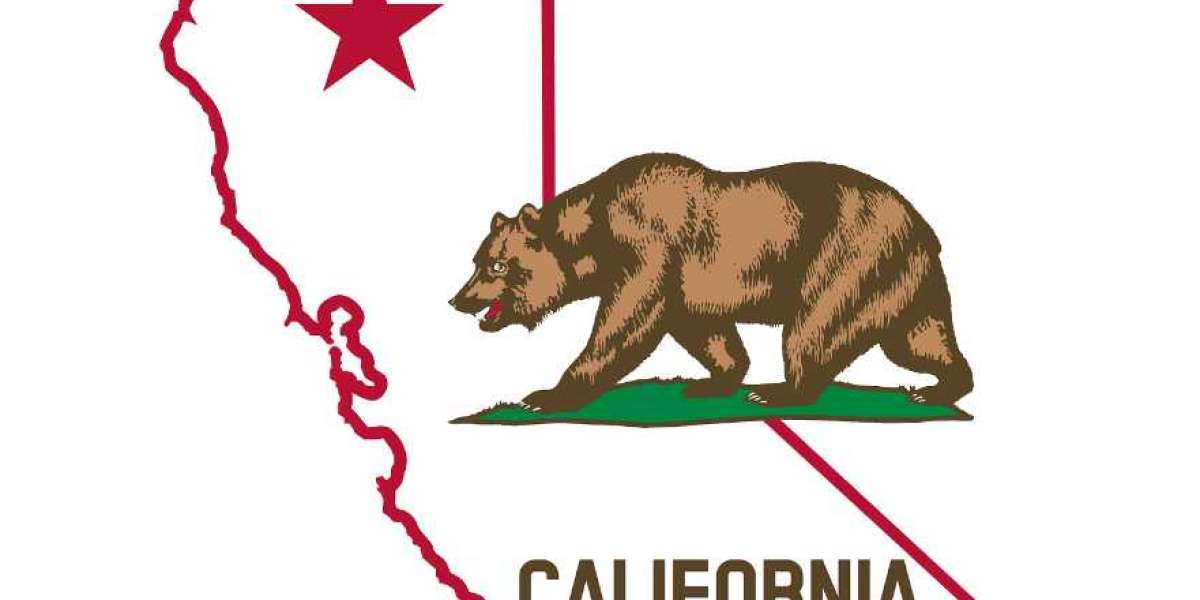This is similar to New York's BitLicense, which has been criticized.
California Gov. Gavin Newsom will sign a bill requiring digital asset exchanges and other cryptocurrency businesses to obtain a license.
California's Digital Financial Assets Statute, nicknamed "BitLicense," is modeled after New York's 2015 law. Democrat Gavin Newsom's proposal will take effect in January 2025. California's crypto legislation bill may spark a wave of regulation in the US.
“While the newness of cryptocurrency makes investment interesting, it also makes it riskier for consumers since bitcoin businesses are not appropriately regulated,” said bill sponsor Timothy Grayson (D-Concord).
In 2028, California-licensed firms cannot deal with stablecoins unless they are issued by a bank or regulated by the California Department of Financial Protection and Innovation. This is like a planned (but never passed) US bill that would compel stablecoin issuers to get a bank charter.
Another stablecoin-related provision in the bill would require issuers to hold assets worth "not less than the value of all of its outstanding stablecoins issued or sold in the U.S." The law also requires that the entire market value be calculated using U.S. accounting standards (GAAP).
Financial Accounting Regulations Board provides GAAP accounting rules, standards, and processes (FASB).
The Blockchain Association, an industry trade group, said the proposal will "create shortsighted and unhelpful constraints that would impede crypto businesses' capacity to function and drive many out of the state."
California's crypto
second "BitLicense" endeavor. First attempt, in 2015, failed due to a lawmaker's objections.
The California assembly voted 71 yes and 0 no. Nine legislators abstained. The legislation received 31 yes votes and 6 nay votes from Republican senators.
The law must be signed or vetoed by September 30.




Alphonsus Odumu 5 w
Crypto bill